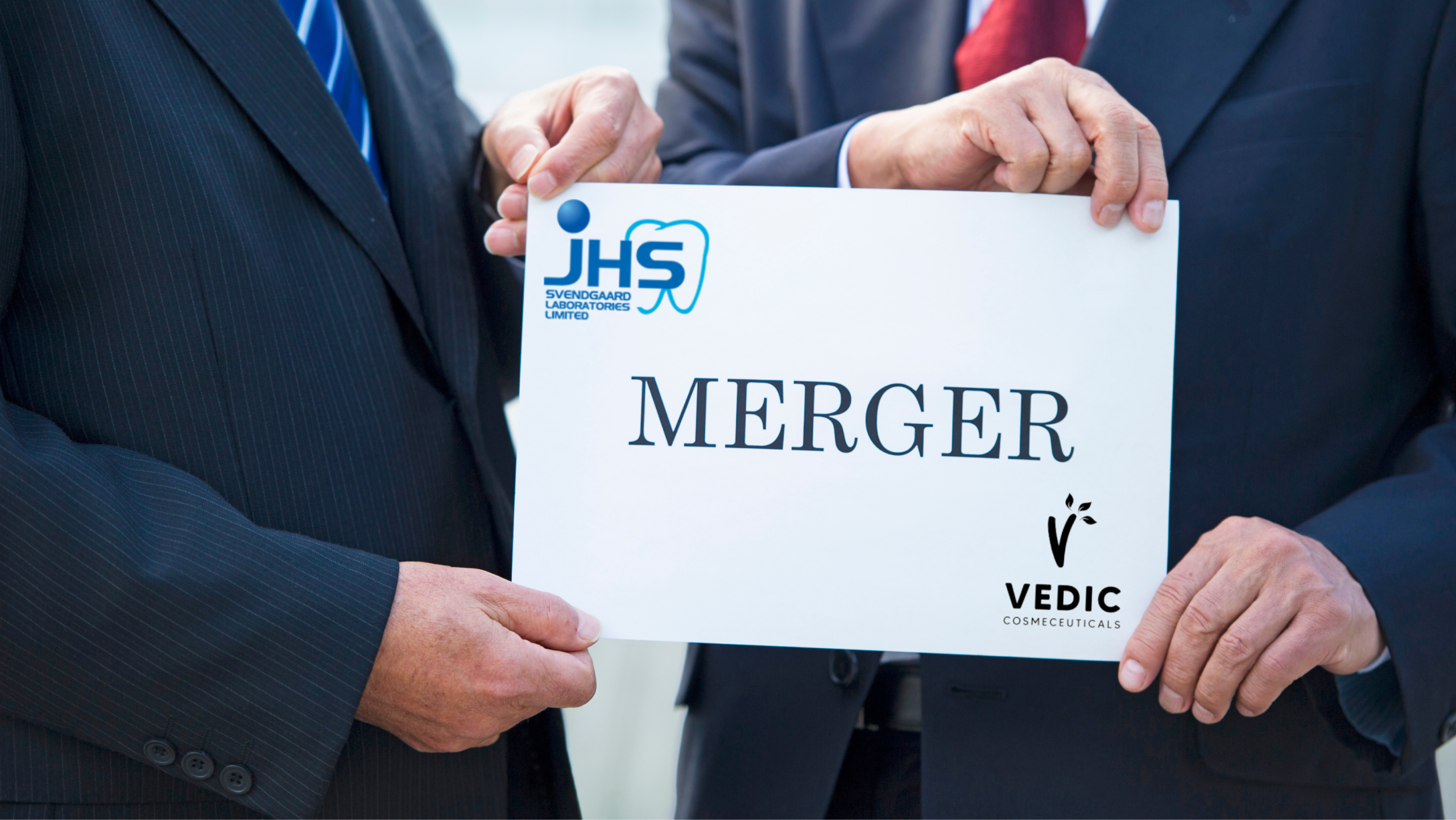NEW DELHI / BENGALURU: MakeMyTrip and Ibibo have agreed to merge in a stock transaction, representing the coming together of India’s largest travel booking portals and presaging what many believe is an impending consolidation in the country’s consumer internet sector.
Although neither company would indicate the value of the combined entity, people familiar with the transaction estimated it at about $1.8-$2 billion. Another indication of the valuation came from a statement by Makemytrip, which pegged the stake owned by Ctrip at 10%–the Chinese firm had invested $180 million earlier this year.
Shares of the loss-making Makemytrip, which is listed on Nasdaq, soared nearly 46% to $29.75 at 9 pm.
“Today’s announcement is a significant step forward for the rapidly growing travel industry in India,” MakeMyTrip Group CEO Deep Kalra said in a statement.
Once the transaction closes the brands are expected to retain their entity. “There are three well-established brands, each a leader in their space that we value. These include MakeMyTrip, GoIbibo and RedBus and on the internet, it is very important that you keep brands that add value and grow them and we are quite clear we would want to play to the advantage of each of these brands. If you look around the world, you will see keeping established brands have helped,” says Kalra.
South Africa’s Naspers and Tencent, which own Ibibo, will become the largest shareholders in the combined entity with a 40% stake. Naspers owns 91% of the holding company which controls Ibibo and Tencent the rest.
Morgan Stanley and Goldman Sachs acted as the exclusive financial advisors to MakeMyTrip and Ibibo Group, respectively.
Ibibo’s brands include goibibo for hotels and air ticketing and redBus, the bus booking portal. MakeMyTrip controls an estimated 30% share of the market for online booking of hotels and flights. Ibibo’s controls about one-fifth of the hotel booking.
“Naspers and Tencent are selling ibibo Group to Makemytrip in exchange for an issuance of new shares by Makemytrip. Upon closing of the transaction, MakeMyTrip will own 100% of ibibo Group,” the statement said.
Kalra will remain as group chief executive and executive chairman of Makemytrip, and co-founder Rajesh Magow will continue to remain CEO for India. Ibibo Group Founder and CEO Ashish Kashyap will join Makemytrip as a co-founder and president of the organization.
“India today is the next big internet market. We should see more similar consolidation across various online sectors to claim the top spot in their categories,” said Vijay Shekhar Sharma, CEO of mobile wallet and online marketplace Paytm, which also operates a travel marketplace. “They (Makemytrip) are the numero uno, and this acquisition makes them the leader by many miles.”
The acquisition comes a little over three months after rival Yatra agreed to be acquired by Nasdaq-listed special purpose acquisition firm Terrapin 3 Acquisition Corp in a reverse merger deal, with an enterprise value of $218 million. It also comes eight months after Naspers invested $250 million in Gurgaon-headquartered Ibibo Group.
The other significant players in the online travel space include Cleartrip, Booking.com, and Expedia.
With about a 35% stake in Makemytrip, the South African media and internet conglomerate will tighten its grip over the Indian market as it already owns online classifieds portal Olx, a 15% stake in India’s largest online retailer and most valued internet company Flipkart, and a payments business PayU, which acquired Citrus Pay for $130 million earlier this year. Obvious synergies exist between MakeMyTrip and the payments business for processing of transactions.
Naspers has been one of the earliest investors in the Indian internet market and is known for making an early bet on Chinese internet major Tencent, which owns messaging application Wechat. Naspers owns a 34% stake in Tencent, which became the most valued company in Asia last month when its market capitalization went past $250 billion.
At the end of March 2016, the major shareholders in Makemytrip were SAIF Partners (14.1%), T Rowe Price, Deep Kalra and Wasatch Advisors (about 10% each) and Ctrip (16.6%). The $180 million invested by Ctrip via 5-year convertible notes will be converted into equity.
For the first quarter of fiscal 2017, MakeMyTrip reported a net loss of $14.31 million, or 34 cents a share, up from net loss of $6.94 million, or 16 cents a share in the year-ago period. In fiscal 2016, MakeMyTrip made a loss of $88.5 million on revenue of $336 million. Hotels and packages, the mostly hotly contested category for travel booking portals, accounted for revenue of over $250 million.
Gross bookings for Makemytrip in fiscal 2016 totaled $1.85 billion.
“The travel marketplace is very competitive, with immense cash burn; hence consolidation had to happen. I think the strategy is to become bigger and leaner. There are much more deals like this to come,” said Raja Lahiri, a partner at Grant Thornton India.
Both parties are tight-lipped about the financial details of the transaction, but once closed one can expect significant synergies. Since the market segment is small in bus and hotel ticketing the combined entity is expected to command single digit market share, but would command about 20% market share in the air ticketing business.
It is also clear that RedBus would continue to focus on bus ticketing, Kalra says MakeMyTrip has a strong loyal base in the air ticketing space and in the hotel a good traction in the 3-5 star hotel space. “Holidays are another area where MakeMyTrip has managed to carve out a strong niche. Where goIbibo has done very well is in the budget hotel space and off late in the product releases around goCars and goContacts. We would only want to build upon what each brand already has,” says Kalra.
According to Kalra, the idea is to focus on getting people to move from offline booking to online booking, “since online travel penetration remains fairly low at about 15% for the accommodation industry and 18% for organized bus industry in India.”
On spending advertising dollars, Kalra says there would be some rationalization, but there would be nothing dramatic. “We would want to maintain a balance between accelerating growth and at the same time rationalizing expenses.”
Recent Articles on M&A




